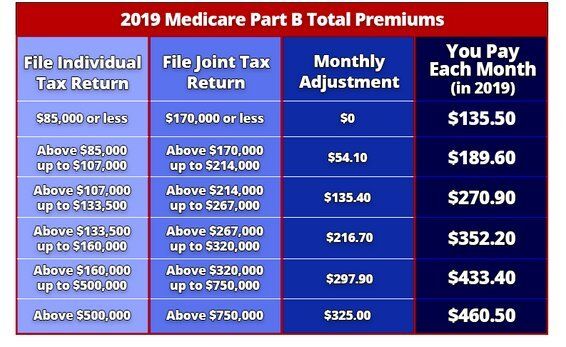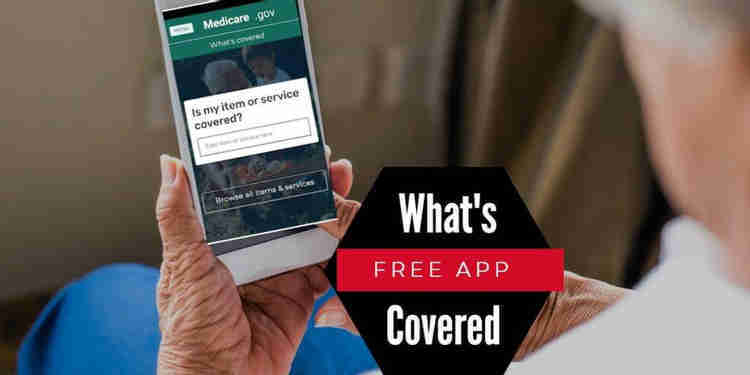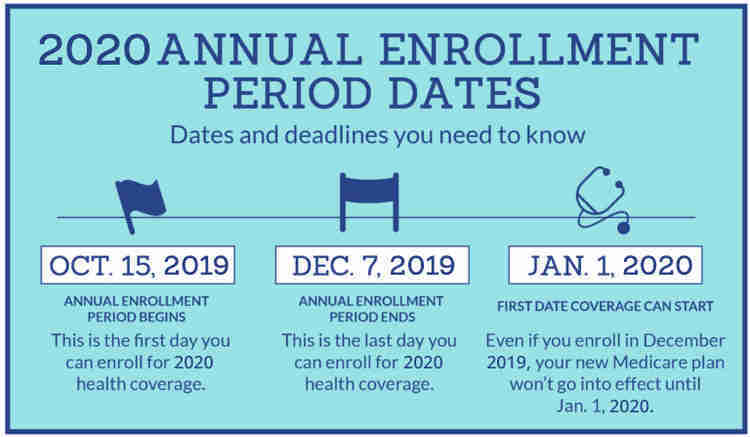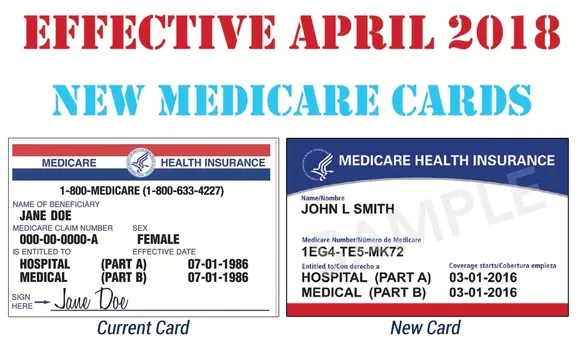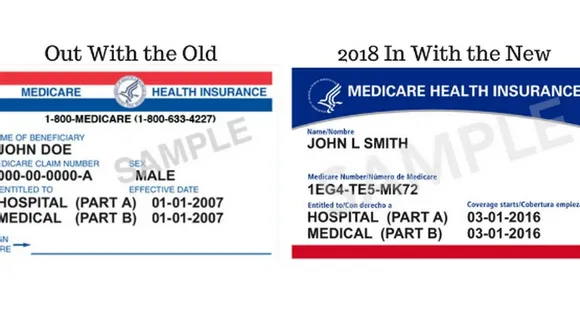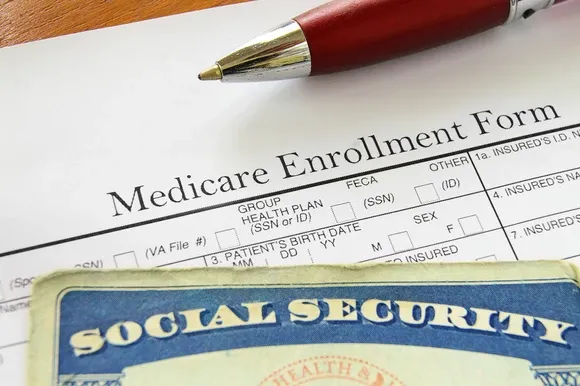What does a "hospital benefit period" mean?
“I'm about to go into the hospital for major surgery and will need rehabilitation therapy afterward. I'm concerned about how long Medicare will pay for my care”. This is a question I hear quite frequently because it is one of those aspects of Medicare coverage that many people find especially difficult to understand. It would seem logical to think that a benefit period would simply be a length of time during which Medicare would cover your care if you're admitted to the hospital. But it doesn't work like this. A benefit period begins on the day you're “admitted” into the hospital and ends when you've been out of the hospital for 60 days in a row.
Pay special attention to the word “admitted”. Many times patients are not aware of the fact that they have not actually been admitted into the hospital, but are instead “under observation”. Being under observation is considered an outpatient benefit and will not count toward the actual inpatient benefit period. To give an example, let's say you've been taken to the hospital and you’ve gone through Triage. Your assumption would be that you are being admitted into the hospital. This is not always the case, and has caused much controversy recently, because many times patients are not told or given a choice about the matter and this can cause a big consequence with regard to your out of pocket costs. With this said, it is always important to take charge of your care and ask questions to determine your status.
Now that you are aware of your status as “inpatient”, let’s say that you’ve left the hospital on a certain day and you're then readmitted before 60 days from that first admittance date is up. In this case you're still within the same benefit period. But if you go back into the hospital after that 60th day, you're then in a new benefit period. The difference between the two has a big impact on your costs. The issue is even more complicated by the fact that any time spent in a skilled nursing facility - where you may go for continuing care or rehab services after your discharge from the hospital - count toward a benefit period but has slightly different rules and costs (see below - Skilled Nursing). Also note that costs in a benefit period may be lower depending on whether you choose to include a Medicare Supplement insurance plan (aka Medigap) to your Original Medicare Parts A&B.
Hospital Coverage with Original Medicare Part A: Below are the out of pocket costs you would pay with Original Medicare Part A in each separate benefit period if you do not have additional supplemental coverage.
You are responsible for the first slice of hospital bills - up to a maximum of $1316 in 2017. This is the Medicare Part A hospital deductible which, unlike other deductibles, applies to each new benefit period and not just to your first hospital stay of the year. Once you've paid that deductible Medicare picks up the rest of the tab for hospital care (bed, meals and nursing services) for a stay of up to 60 days after admission. If you stay in the hospital for all of this time, or are discharged sooner but return during the same benefit period (even for a different medical problem), you pay nothing further for this care. NOTE: You will still pay for physicians' care and certain other services under your Part B benefits - usually 20% percent of the Medicare approved costs. If you need to spend more than 60 days in the hospital, whether consecutively or because of readmission during the same benefit period, you pay a daily copayment for days 61 through 90. In 2017 this copay is $329/day. Beyond 90 days of inpatient hospital care in the same benefit period, you are responsible for 100% of the costs. However, Medicare allows you a further 60 days of "lifetime reserve" days. This means that for the rest of your life you can draw on any of these 60 days, but no more, to extend Medicare coverage in any benefit period. In 2017 your share of the cost is $658/day. Again, important to note is that if you have any type of Medicare supplement insurance plan (aka Medigap), your policy covers an additional 365 lifetime reserve days, with no copays.
Skilled Nursing with Original Medicare
Original Medicare Parts A & B offers some benefits for Skilled Nursing Facility (SNF) care. Unfortunately few people understand what an SNF is and how it works. First you should know that skilled nursing care is not Custodial Care (nurses that ONLY help you get in and out of bed, feed you, bathe you, help you put on your clothes and use the bathroom). Medicare doesn’t cover Custodial Care.
Skilled Nursing is basically inpatient rehab. Physical, Occupational, and Speech Therapy are examples of Skilled Nursing. Basically, anything that helps treat and manage your post hospitalization fall under this category as long as it takes place at a Skilled Nursing Facility.
Under Original Medicare Parts A&B, you must spend at least three days in the hospital as an officially “admitted” patient before Medicare will cover your stay in an approved skilled nursing facility (SNF) for further needed care such as continuing intravenous injections or physical therapy. This means 3 consecutive days or more, starting with the day the hospital admits you as an inpatient, but not including the day you leave the hospital. If you don’t have 3+ days as an admitted patient (hospital observation does not count), you will have to pay 100% of your inpatient rehabilitation/skilled nursing bills.
Many people who are not aware of this hospital rule find themselves with large bills not covered by Medicare. Additionally, you must require the skilled care on a daily basis to qualify for Skilled Nursing Facility care.
The time spent in both the hospital and the SNF count toward a benefit period. And you must have stayed out of both for 60 days to qualify for a new benefit period. Here’s where it’s important to note that your share of costs in a skilled nursing facility is different from those listed above for hospitals. In such a facility, in any one benefit period, you will pay $0 for your bed, board and care for days 1-20; a daily copayment of $164.50 for days 21 through 100; and all charges beyond 100 days. You cannot use any hospital lifetime reserve days to extend Medicare coverage in a skilled nursing facility beyond 100 days in any one benefit period. However, you may get more coverage if you have a Medigap policy, long-term care insurance, coverage from Medicaid or insurance from an employer or union.
In summary, to receive the best Skilled Nursing Facility care:
1) Make sure you are officially admitted to the hospital for 3 full days before seeking skilled nursing treatment. Hospitals often list patients as under observation and this will not count towards the requirement.
2) Consider a Medigap plan to pay for the Skilled Nursing portion not covered by Medicare. Medigap plans C, D, F, F-high deductible, M and N all cover 100% of the $164.50 daily copay for an additional 80 days per benefit period.
3) Consider a Long Term Care (LTC) policy if you are interested in custodial care.
If you have additional questions or concerns about a future hospital stay, or how you might lower the costs in your benefit periods feel free to contact me at 408-849-4460 or email me at julie@jbinsurance.biz




